Six Tips for Preventing Salmonella!
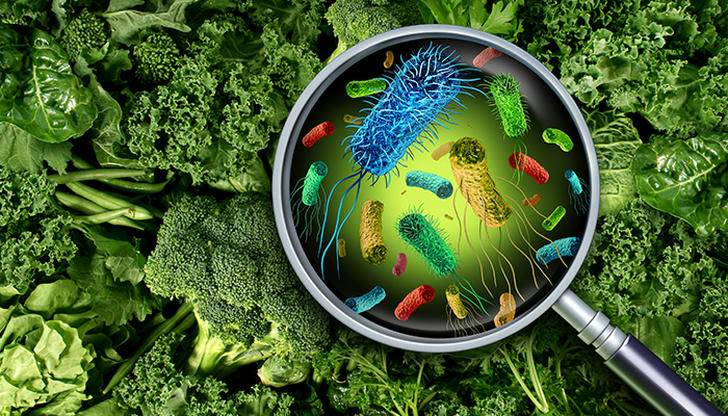
According to the U.S. Department of Agriculture (USDA) updating inspection, sampling and testing programs for poultry and meat, it has found that people can avoid getting salmonella and spreading bacteria to others in several ways, especially taking care of some daily routines and habits. Safely preparing food, hand-washing, avoiding contamination, and not eating raw meat, dairy or egg products prove to be effectively preventive methods. They are especially important for infants, older adults and people with weakened immune systems.
Wash your hands
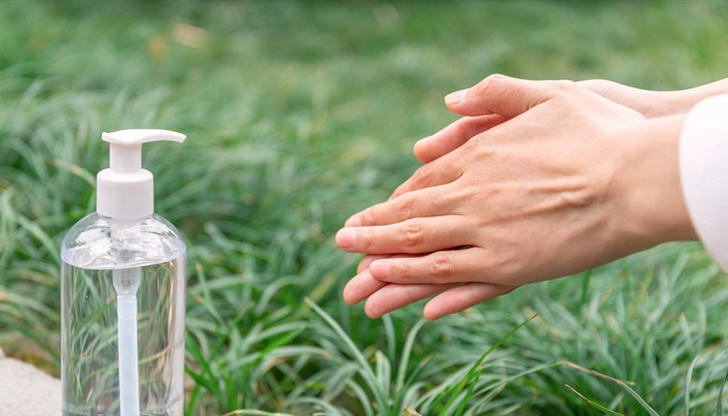
Washing your hands regard as a very effective way to thoroughly help prevent the transfer of many bacteria to your mouth or to any food you're preparing, including salmonella bacteria. You had better wash your hands with soap and water for 20 seconds after you: Use the washroom Cut raw meat or poultry Clean up baby feces or change a diaper Hand uncooked foods or utensils used on these foods Touch any feces or pets or other animals and their habitats, especially reptiles or birds Can you get salmonella from dirty hands? Yes, you can. Some scientific researches have found if you are infected with salmonella and don't wash your hands timely after toilet, your dirty hands can pass salmonella along in several ways, including: direct contact with another person, touching a surface that someone else then touches, and preparing food that is served raw or undercooked, cooking food or touching your baby, etc.
Besides, the incubation period of salmonella lasts on hands 6 to 72 hours and it takes several days to several weeks or more to communicate throughout the course of the infection. If you find your child in school having a salmonella infection, see your physicians as soon as possible.
Keep things separate
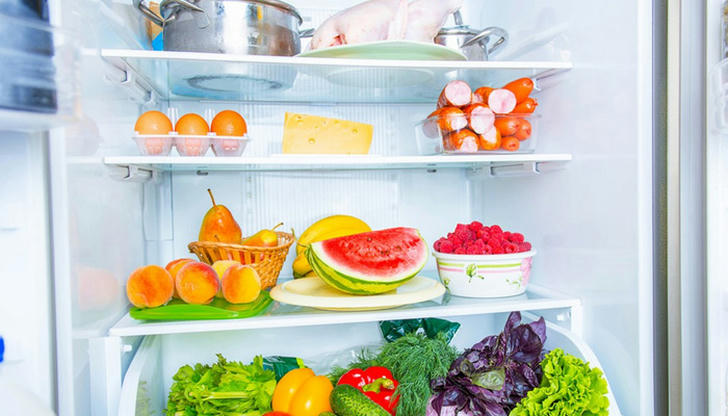
Refrigerator is a perfect place to storage food. Also it is a good place to prevent some food cross-contamination. There are several ways to be suggested as following:
•Store raw meat, poultry, and seafood separately in the refrigerator.
•Never place cooked food on an unwashed plate that previously held raw meat.
•Wash food preparation surfaces or used surfaces thoroughly with soap and water.
•Prepare two cutting boards in your kitchen — one for raw meat and the other for fruits and vegetables, as cleaning may not remove all of the bacteria.
•Don't work with raw poultry or meat and handle an infant at the same time.
•Wash your hands with soap and water immediately after contacting with raw meat or poultry, etc.
Avoid eating raw eggs

Eggs are very common food for our daily life. However, most of raw eggs may not have been pasteurized. Thus, it is especially important for us to cook and store food properly.
How do you store shell eggs? If possible, be sure to choosing pasteurized eggs and egg products, which are more safe. Keep eggs refrigerated at 40°F (4°C) or colder will stop the growth of bacteria. Avoid placing raw eggs in the refrigerator door, because it is the warmest area of your refrigerator.
Is it fine to choose some cracked or dirty eggs? You had better discard them when shopping, be sure to buy some clean and uncracked eggs which have been refrigerated. Once any bacteria in the eggs, it will grow rapidly at room temperature, especially in the warmest area.
Some people would wonder why should we throw the dirty or cracked eggs away? If we wash them clean and place them in the refrigerator, it will be safe for us again. Actually it is very dangerous. First of all, don't wash eggs. If you wash them but cook it later, it will increase the potential for bacteria on the shell to enter the egg. Once the protective mineral oil coating on the shell have been removed, bacteria can be inside an uncracked, whole egg.
There is a surprising finding that salmonella itself doesn't make the hen sick. The Centers for Disease Control estimates that 1 in every 20,000 eggs are contaminated with Salmonella.
Keep refrigerators chill & clean
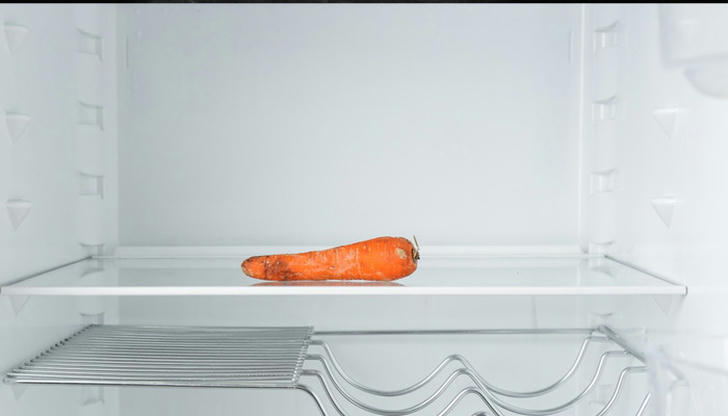
Keep refrigerators clean and cold (40 F or below for refrigerators). Cover and refrigerate produce you have cut. If it lasts for more than four hours, you had better discard cut produce items. Read and follow label instructions such as "Keep Refrigerated" or "Use By" (a certain date). Put fresh foods in the refrigerator promptly after grocery shopping. Clean the refrigerators regularly.
Storage food to the recommended safe temperature
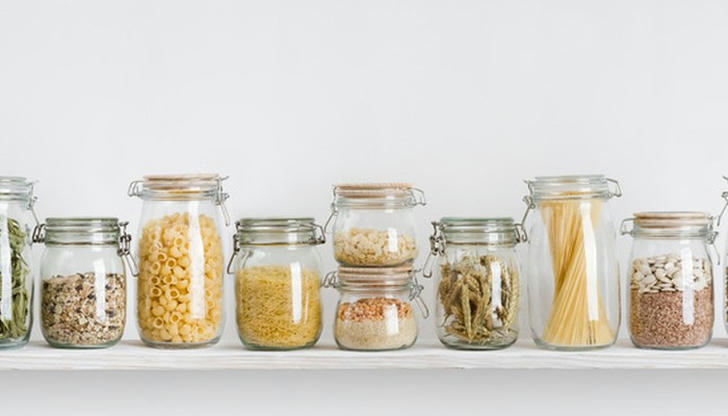
145°F for roasts 160°F for ground meats 165°F for all poultry
Breastfeeding

If possible, you had better use breastfeeding instead of milk or milk powder. It proves that mother's milk is the safest food for young infants. It can prevent salmonellosis and many other health problems. But please washing your hands carefully before breastfeeding your child will avoid some other infected problems.
Generally speaking, following these tips may help you prevent salmonella a lot.

